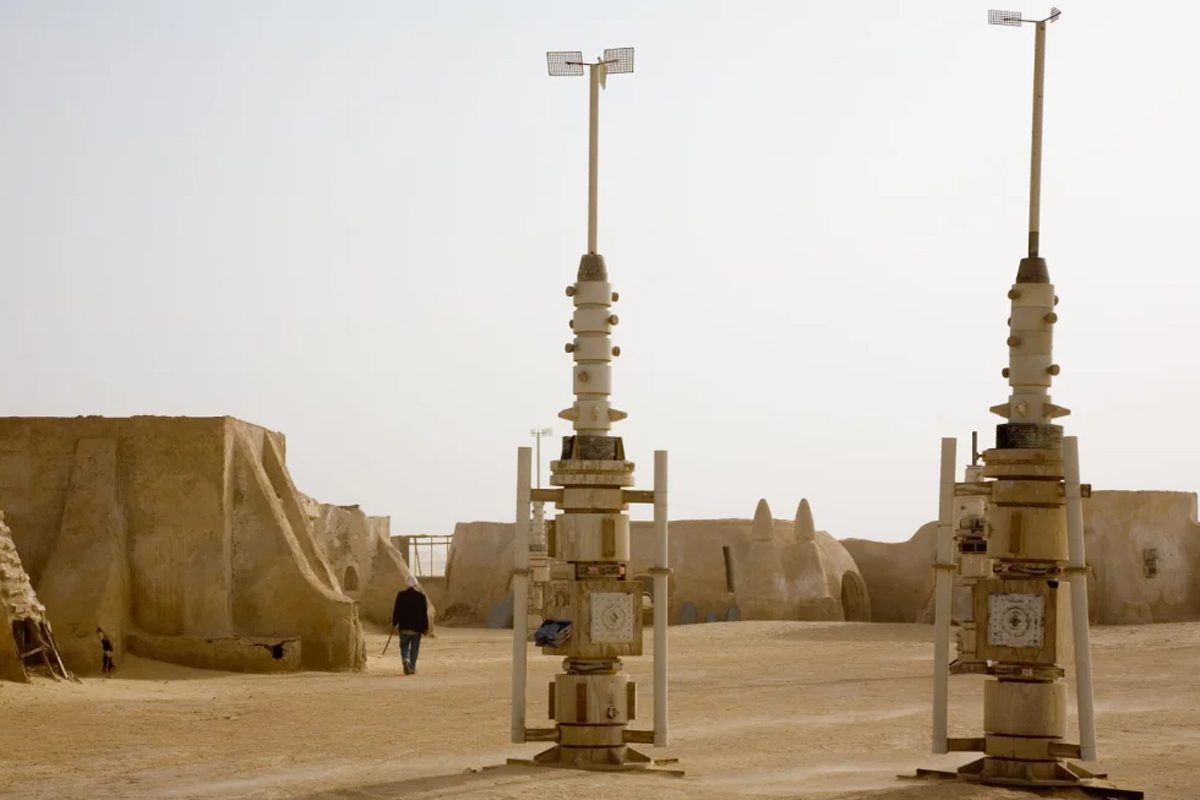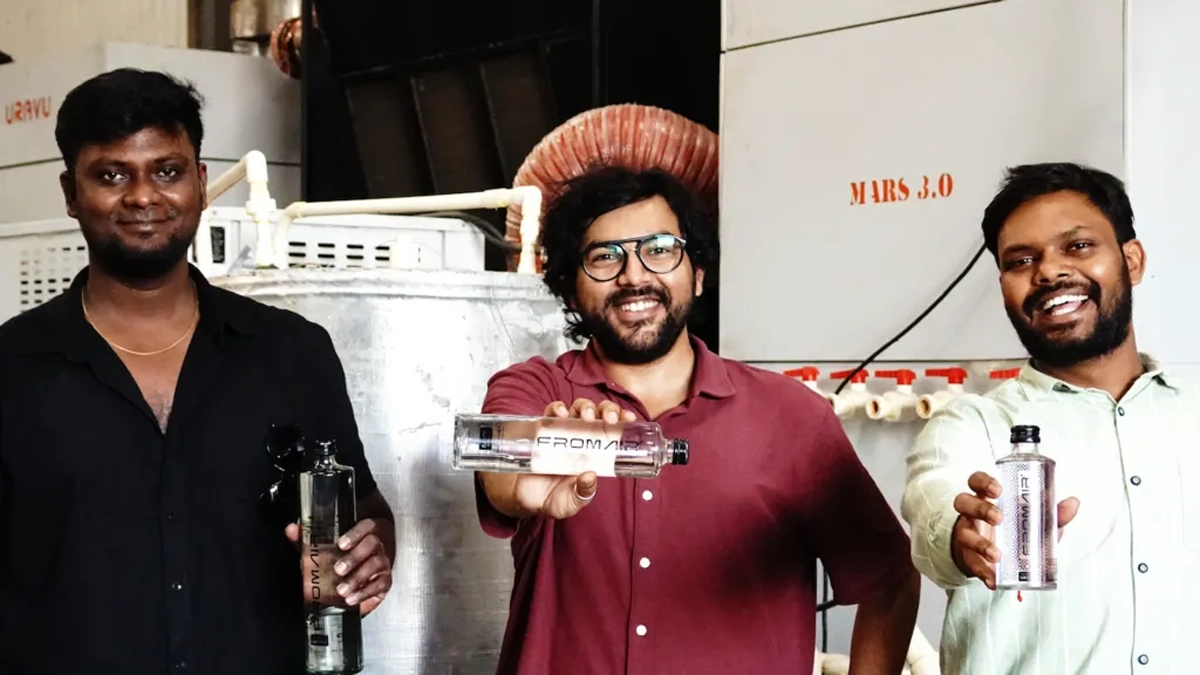
Water from the air: Indian company Uravu Labs implements technology from Star Wars
The Indian startup Uravu Labs uses a technology to produce water from air, similar to the one featured in the Star Wars franchise. Moisture vaporizers have been mentioned in many places and have helped the inhabitants of arid planets like Tatooine – so why not in India?
Swapnila Srivastava has personally experienced the shortage of fresh water that threatens even large cities like Kolkata during dry periods. In 2016, the city’s residents were given two buckets a day from tanks. An enthusiast who has always been interested in water scarcity, in 2012 Srivastava won a student competition for projects on the future of water in cities, and his curiosity eventually pushed him to find solutions. In 2019, this idea prompted him, Govinda Balaji, and Venkatesh Raju to create a startup called Uravu Labs in Bangalore.

“One of the elements of inspiration was Star Wars, where there is an air-to-water device. I thought, why don’t we give it a try? It was more of a curious project,” says Srivastava.
The system converts air into water using a liquid desiccant that absorbs moisture from the air. Using sunlight or renewable electricity, moisture generators from the atmosphere heat the desiccant to 65°C, which releases water that is then condensed. The whole process takes about 12 hours. During this time, each unit produces about 2000 liters of drinking water. Currently, Uravu Labs sells water to 40 HoReCa customers who use it to supply their customers.
There are two main ways to produce atmospheric water. The first is the process of cooling and condensation, when moist air is cooled to the dew point to produce liquid water. The second is a desiccant-based system that uses hygroscopic materials to absorb moisture from the air and then releases it by heating.
The technology for producing atmospheric water has a relatively large market. According to a report by Global Market Insights, in 2022, it was estimated at $3.4 billion in the United States alone. The global market for water production from the atmosphere is expected to reach S13.5 billion in 2032. On-site water production has an economic advantage, as it is quite heavy and requires significant transportation costs.
Looking ahead, Uravu Labs is exploring advances in material science that could improve the efficiency of desiccants. The startup aims to develop a technology that would reduce the required temperature from 60°C to 40°C. Uravu Labs is also preparing to launch pilot projects to install water generators in data centers in India and Singapore. Data centers generate a lot of heat, which is usually lost. This process will reduce the consumption of fresh water by the data center by up to 95%.

